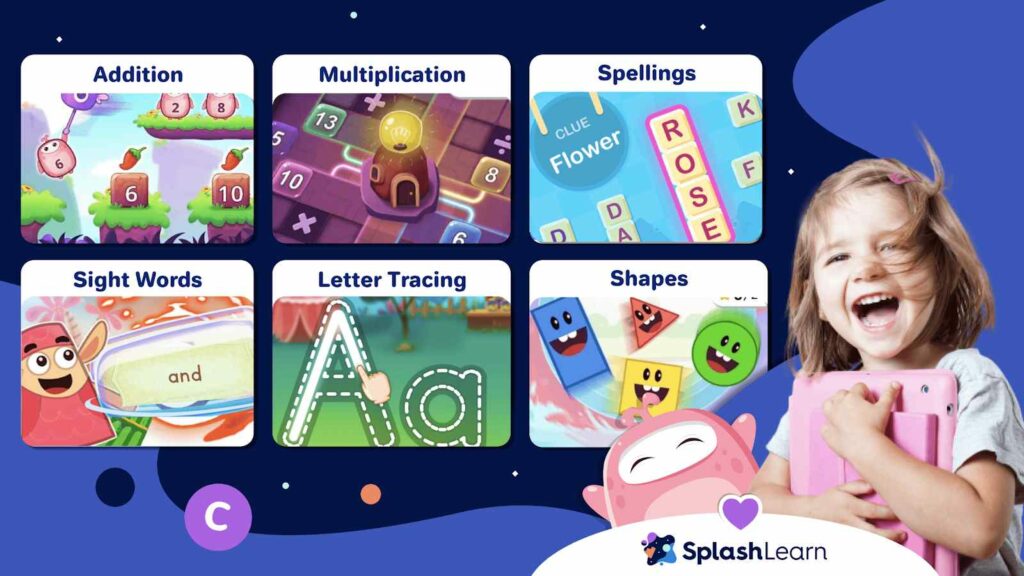It’s often said that when life throws lemons, the best thing to do is make a lemonade out of them. But what would happen if the recipe involves unclear instructions, like using salt instead of sugar? Undoubtedly, it’ll be a ruined attempt at trying to make things better.

This analogy sometimes holds true in child development. While parents try their best to encourage children to overcome obstacles in their lives, they often don’t teach how exactly to go about it. Mere words sometimes remain ineffective in kids learning trajectory. To truly nurture problem-solving skills in children, parents need to provide practical guidance and support by:
1. Helping kids identify their existing strengths
Suppose some toddlers enjoy building with blocks. They might approach various everyday challenges using the skills they’ve developed while playing. For instance, when faced with the task of putting away their toys, they might sort toys by size or type, similar to how they group blocks by shape; or, they may try different orientations to fit toys, just as they would when a block doesn’t fit in their construction. Likewise, children with other strengths may approach the same problem differently.
To help identify strengths, parents should encourage kids to try as many new activities as they can. They could bring educational games for kids that have multiple built-in exercises. The more a child is exposed to new situations, the more they’ll realize what they’re already good at.
2. Introducing activities that induce a sense of challenge
While identifying existing strengths is important, parents must also help build new skills. This is so because not all problems in life can be solved with intuition. To make this happen, parents can introduce puzzles, games, or tasks that are slightly beyond their child’s current abilities. For instance, if a child is around 6 years old, parents can look beyond educational games for kids age 4 6 and go for games meant for preteens. Academically, these could include math or reading games that require a higher understanding of arithmetic or vocabulary.
3. Encouraging active feedback
Paradoxically, focusing on strengths and building new skills shouldn’t be the only priority for parents. Parents must also ensure that their children improve on their weaknesses. This is important because it helps children develop a well-rounded set of problem-solving skills and builds resilience. The first step in this approach is to build a feedback-driven learning environment. For instance, if a child struggles to read words, parents could use reading apps for kids that have word problems involving matching words with their meanings.
Regardless of the weak spot in a kid’s learning journey, parents should ensure to celebrate every little progress that their child makes. This would motivate the child to stay consistent with their practice.
In conclusion, it’s important to reiterate the important role that parents play in developing problem-solving skills. Parents’ personalized teaching approach and a feedback-driven learning environment can go a long way. Emphasis should also be put on educational games that not only help children find strengths and weaknesses but also help develop new skills.